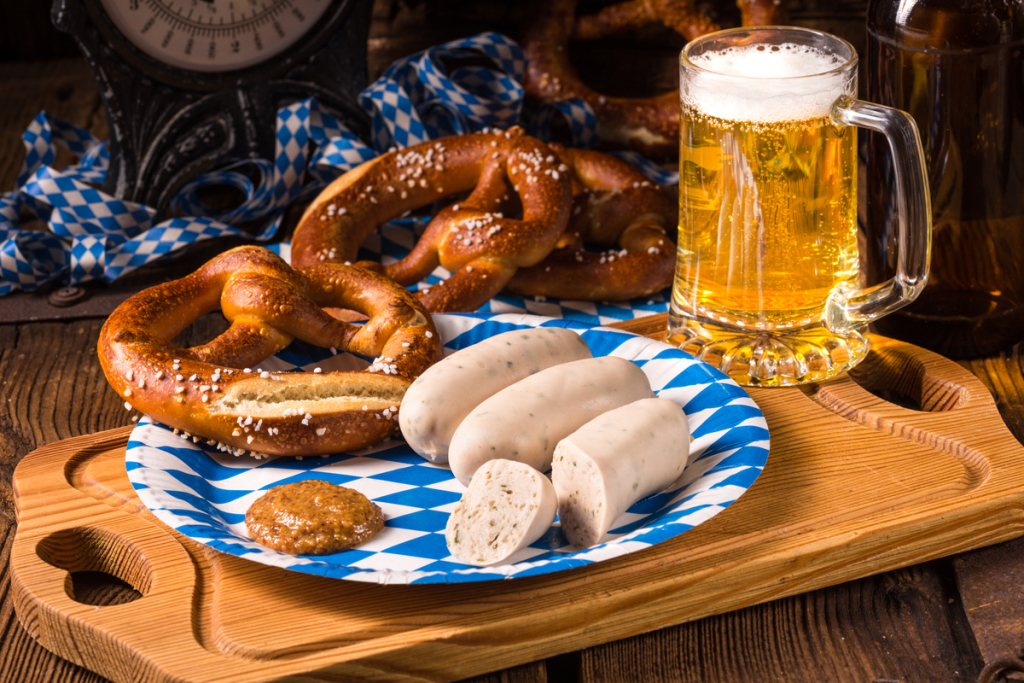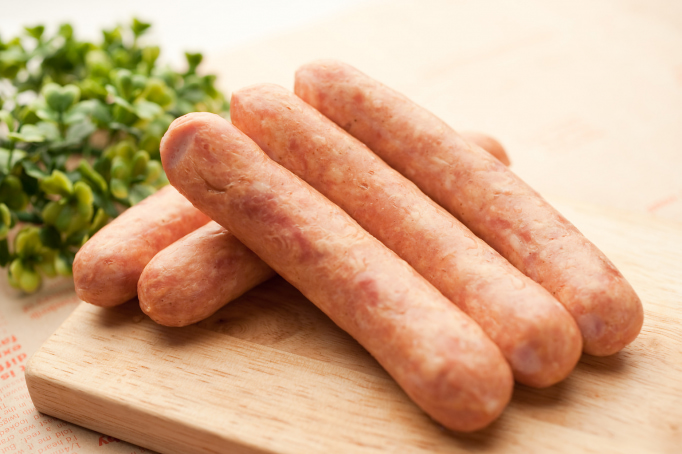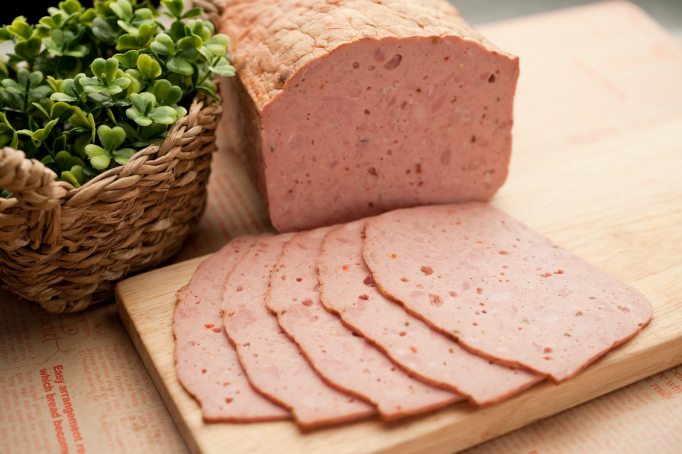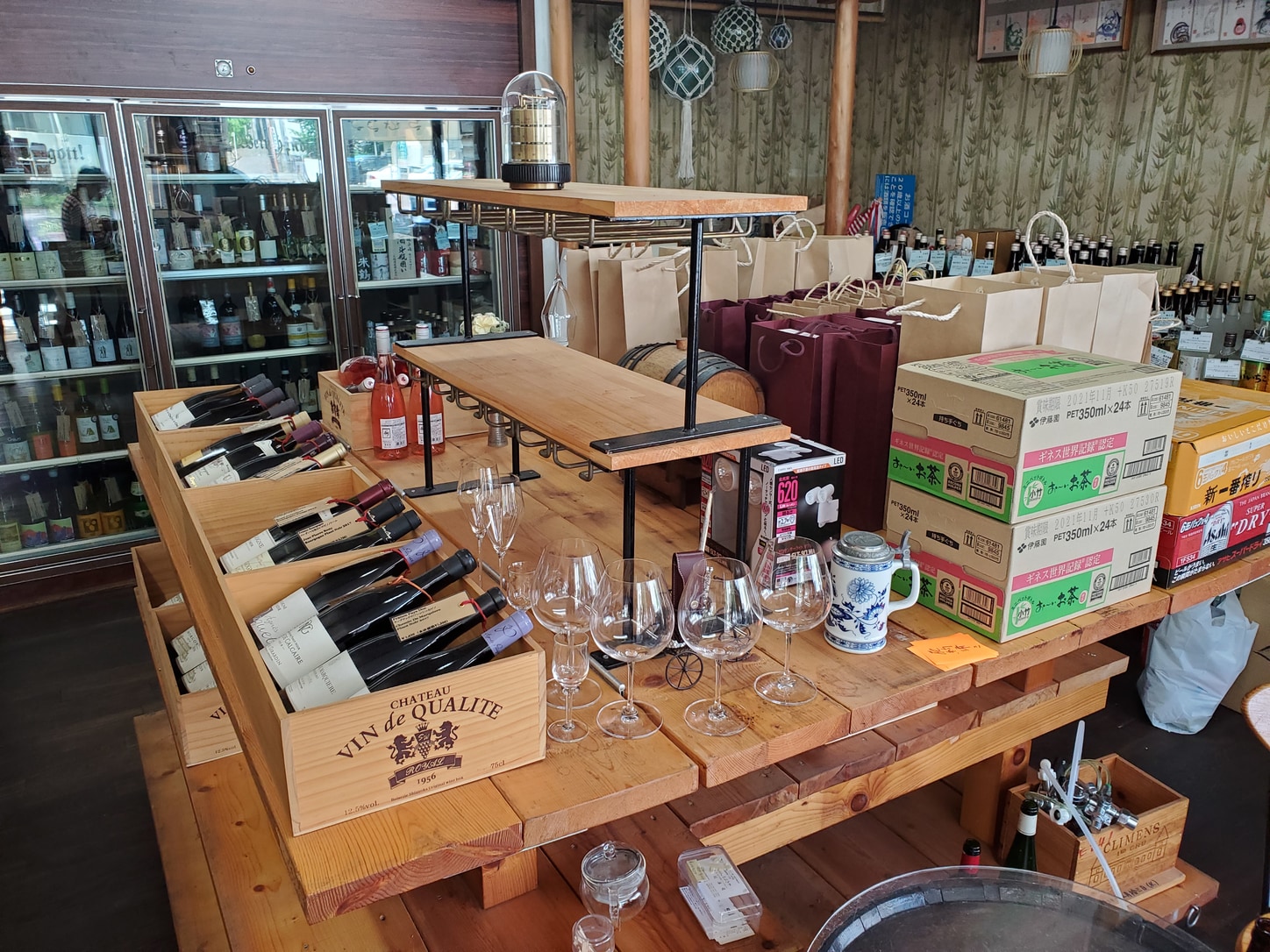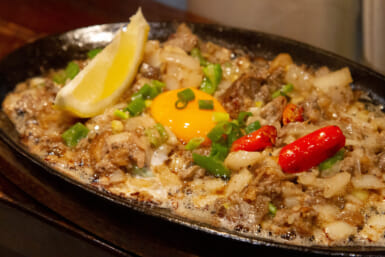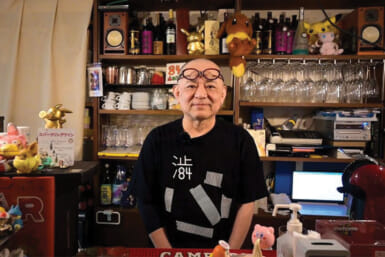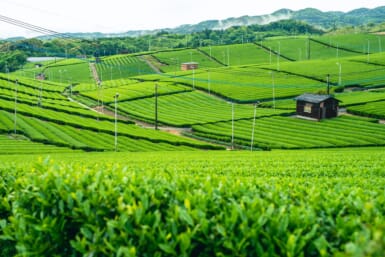Yokohama and Germany are not complete strangers. After Japan opened its borders during the Meiji Period (1868-1912), Yokohama became the gateway to the country for travelers from all over the world, including many Germans who ended up influencing and shaping the city in all sorts of ways. This includes its architecture and its beer culture. Today, though, when people think about the link between Yokohama and Germany, it’s the Red Brick Warehouse that comes to mind as it hosts an annual German-style Christmas market, has its own take on Oktoberfest and has been inspired by German designs. But there is actually one other place where Yokohama residents and visitors can interact with German culture: the unassuming town of Kaminagaya.
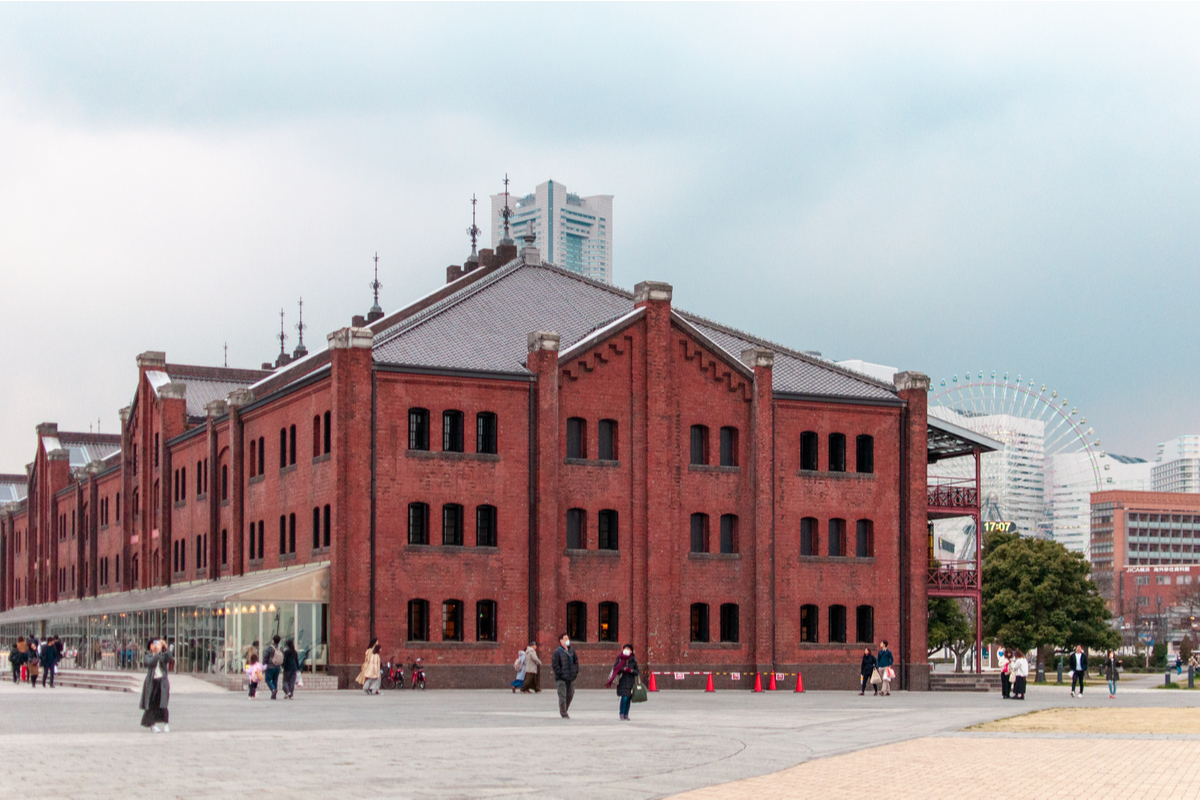
Redbrick Warehouse in Yokohama
How Do You Say “Weird Coincidence” in German?
Kaminagaya is located about 20 minutes by train from Yokohama Station. Though a perfectly pleasant, quiet part of Japan’s second largest city, not many people know about it. For nearly 50 years, Japanese businesses specializing in German products have been flocking to Kaminagaya and the strangest thing of all is that not all of them are aware of each other. For reasons completely unknown, this unassuming, mostly unheard-of area has — by sheer coincidence — slowly become Yokohama’s secret German Town.
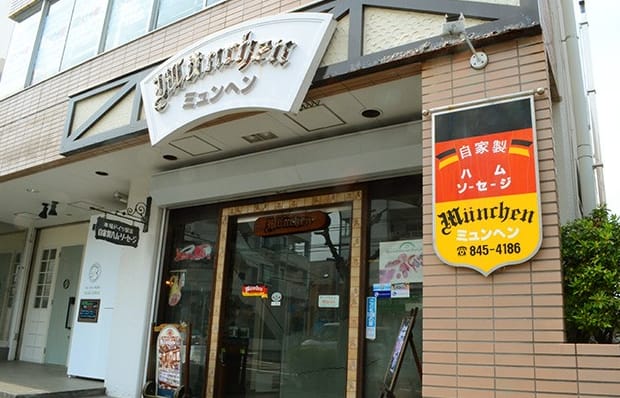
München, Yokohama
At the center of it all is München, a shop specializing in homemade ham and sausages. It’s impossible to miss thanks to its eye-catching German-style signage, but it’s the store’s interior that really makes an impression. Even today, Japanese people consume far less meat than in the West. It is usually sold in very small amounts at Japanese stores. München is different. There’s an impressive selection of German wursts and hams hanging in a display fridge and resting behind the counter. Europeans in particular will instantly recognize this setup and be transported back to meat shops at home. That’s even before tasting what München has to offer. And they offer some of the best sausages and ham you’ll find anywhere in the country.
They certainly had lots of time to perfect their recipes. The original München was founded in 1985 and is currently run by second-generation owner Kenji Murata. The business started with one of Murata’s relatives selling German spices before deciding to put those spices into some authentic German food. Even today, the store is proud of its proprietary seasoning blends that go into their products such as the Kaiser ham. Made from cured, ground pork that’s been seasoned with dry paprika and herbs, it has a rich, distinct flavor that’s strong enough to leave an impact but is not overpowering. Finding that kind of balance isn’t easy but München pulls it off. The shop’s ham won a gold medal at the international Slagersvakwedstrijd ham competition and the juicy Gelderland rookworst sausage also took home a gold at the SUFFA meat product competition.
The family behind München also used to operate a German restaurant in Kaminagaya, but it closed some years back.
Where: 3-1-6 Maruyamadai, Konan-ku, Yokohama
When: 10:30am—6:30pm (closed on Sundays)
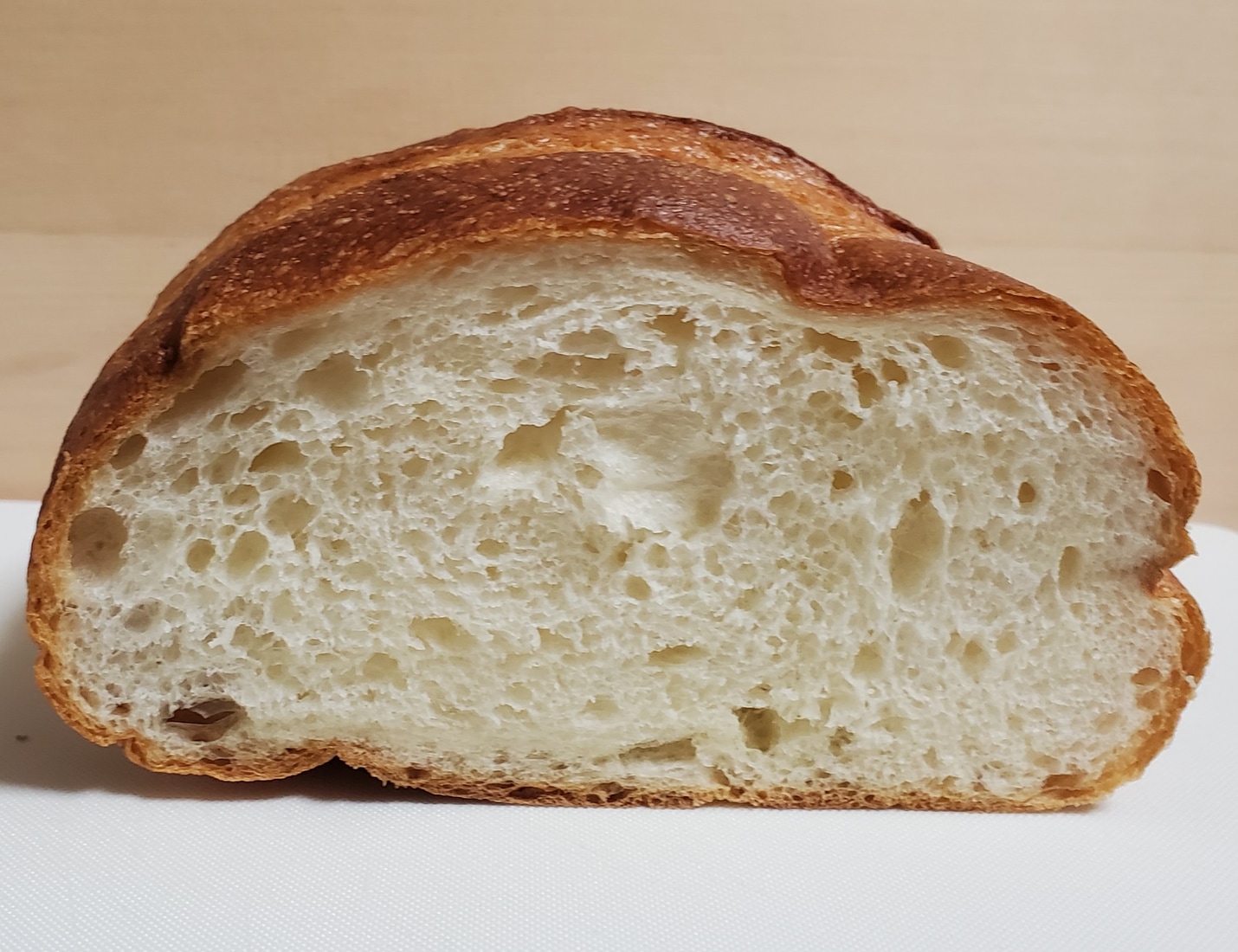
Make Your Own German Sandwiches with Bon Gout’s Doitsu Pan
Not far from München you can find the tiny Bon Gout bakery. The name may be French but one of their most popular products hails all the way from Germany. The bakery’s “Doitsu Pan” (lit. “German bread”) admittedly has a slightly vague name. After all, there are hundreds of German bread varieties, but this one doesn’t fit neatly into any of them. Most authentic German bread is very hearty and is often made with a mix of rye and wheat. Bon Gout’s “German bread,” on the other hand, is all-wheat and quite soft. The best way to describe it is that it looks exactly like “anime bread.” Simply picture the perfect loaf of bread that would appear in an animated Japanese movie about, say, a cat starting their own bakery or something. That’s basically what Doitsu Pan looks like.
However, it does have authentic German roots as the owner of the bakery studied bread-making under a German baker. He used this knowledge to create a German bread specially made for the Japanese palate. That’s why the bread may be soft but it has a pleasant kind of firmness which makes it easy to cut. Also, the sourness of typical German bread has mostly been removed from the final product, making it more of a hybrid German-Japanese invention and the Japanese customers love it. So much so that the bakery had to limit the sale of the bread to three loaves per person.
Where: 3-40-2 Maruyamadai, Konan-ku, Yokohama
When: 7am—5:30pm (closed on Thursdays and the 1st and 3rd Wednesday of the month)
Something to Wash it All Down
Just a short walk from München you’ll find the Kotobukiya liquor store, a place curiously adorned with German phrases. At the front of the shop, you’ll see words like “Wein händler” (wine dealer) and “Grüß Gott,” meaning “God bless.” That said, it’s not actually a German specialty shop as it includes alcoholic beverages from all over the world, even sake. However, for years people from the neighborhood came to this store to enjoy authentic German beers served in equally authentic German beer steins while chatting to the owner. For decades, Kotobukiya remained one of Kaminagaya’s best-kept local secrets and another connection to German culture. Sadly, though, its time is coming to an end as it will be closing in July. There’s still a chance to check it out if you’re on a German foodie day trip to Kaminagaya.
Where: 278-2 Nobacho, Konan-ku, Yokohama
When: 10:00 AM—7:00 PM
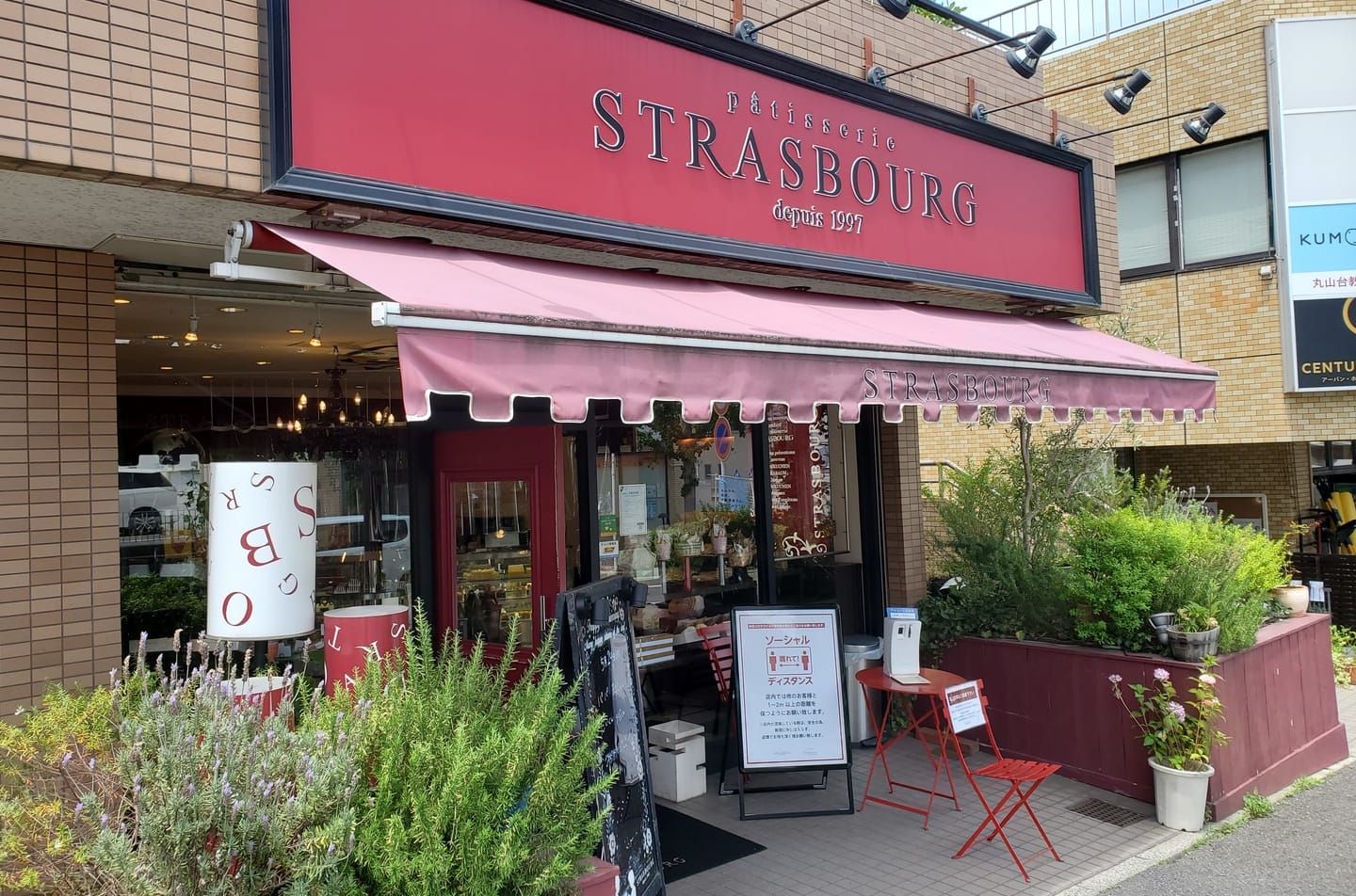
Bonus Entry: Baumkuchen
If you’re ever in the area, don’t forget to also drop by Strasbourg, a patisserie shop best known for its German Baumkuchen cakes. Strasbourg is a chain with four locations across Yokohama (plus one in Tokyo) but, of course, one of those locations had to be in Kaminagaya, the little-known area that seems to be a magnet for all things German.
Where: 3-11-16 Maruyamadai, Konan-ku, Yokohama
When: 9:30—7:30pm
For more international and rare foodie finds, check out our other articles:

